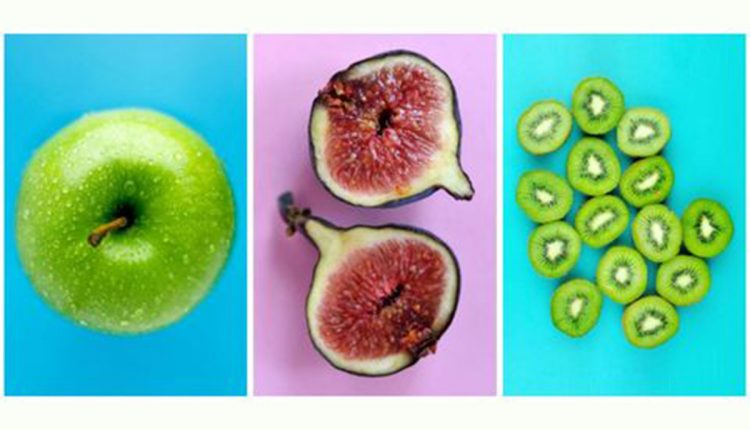
Importance Of Fiber In Your Diet
A diet rich in fiber has many health benefits. It is one of the best ways to prevent cancer. Studies have shown that this nutrient reduces the risk of breast cancer, especially for woman consuming upwards of 30 grams a day. It also prevents colon cancer, cuts cholesterol, lowers blood sugar, prevents or reduces the risk of diabetes, and controls weight gain. Fiber increases large intestine function and keeps the muscles of the large intestine strong. It speeds up the transit time of food and increases the size of your stool so you don’t feel constipated or suffer from diarrhea. It is commonly found in foods that come from plants.
Types of fiber
There are two types of fiber – soluble and insoluble. Soluble fibers can be digested by your body. They may help reduce the amount of cholesterol in your blood. If you are suffering from diarrhea, increase your amount of soluble fiber intake. You can do so by eating fruits such as apple, breads such as rye, and legumes such as lentil. These help soften your stools and make them easier to pass. Insoluble fiber can’t be digested. It passes through your gut without being broken down and helps other foods move through your digestive system more easily. Insoluble fiber keeps your bowels healthy and helps prevent digestive problems. If you have diarrhea, you should limit the amount of insoluble fiber in your diet. Examples include whole wheat bread, cereals, nuts and seeds. Eating foods rich in fiber will make you feel fuller, and thus control your appetite. This is helpful if you are trying to lose weight or staying trim.
The foods below contain this nutrient in high amounts and should always be incorporated into your diet.
Fruits
- Prunes – Contains 7.7 gram per cup. Prunes and their juice contain mild laxatives.
- Pear – Contains 5.1 grams per cup
- Mango – Contains 3.3 grams per cup
- Apple – Contains 3.3 grams per cup
Breads
- Rye – Contains 5.6 grams for 2 slices
- Bran flakes – Contains 5.2 grams per cup
- Wheat bread – Contains 5.2 grams for 2 slices
Nuts and Seeds
- Almonds – Contains 3.5 grams per oz. About 24 nuts
- Peanuts – Contains 4.6 grams per 2 oz. About 56 nuts
- Walnuts – Contains 4 grams per 2 oz. About 30 halves
- Pistachios – Contains 3 grams per oz. About 47 nuts
Legumes
- Kidney beans – Contains 13 grams per cup
- Lentil cooked (daal) – Contains 7.8 grams per half cup
- Black beans, cooked – Contains 7.5 grams per half cup
- Split peas, cooked – Contains 16.3 grams per cup

